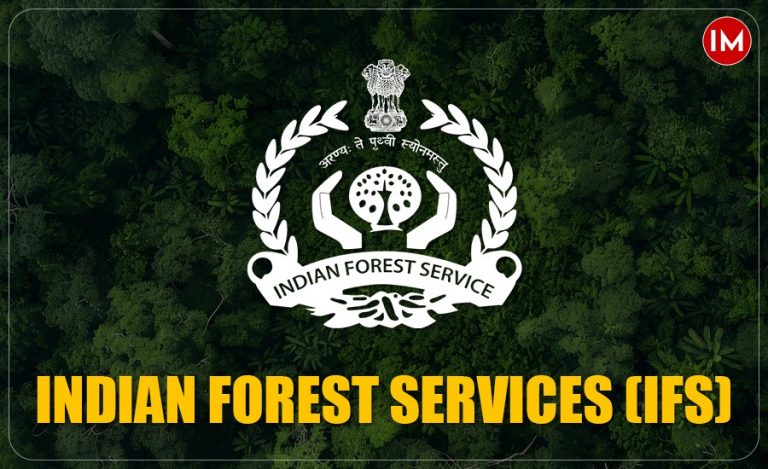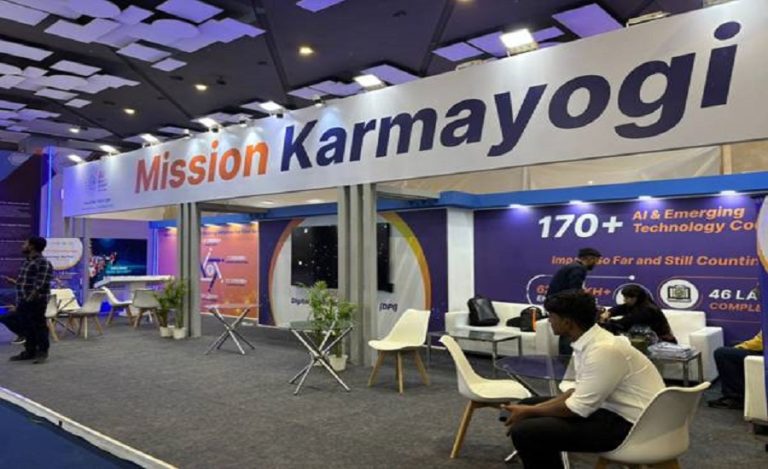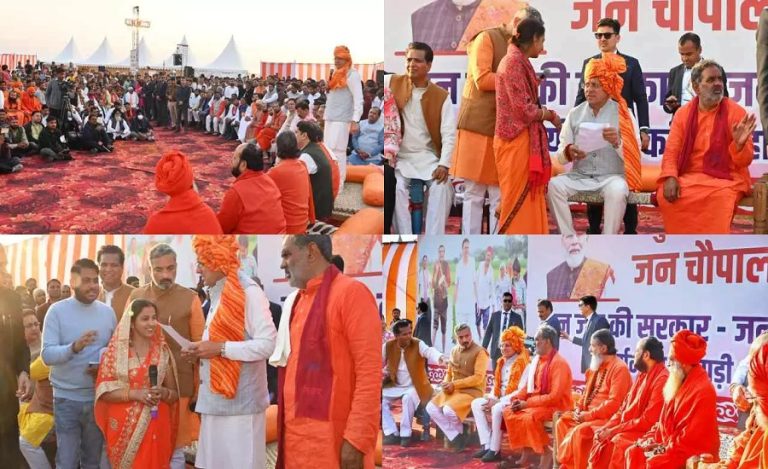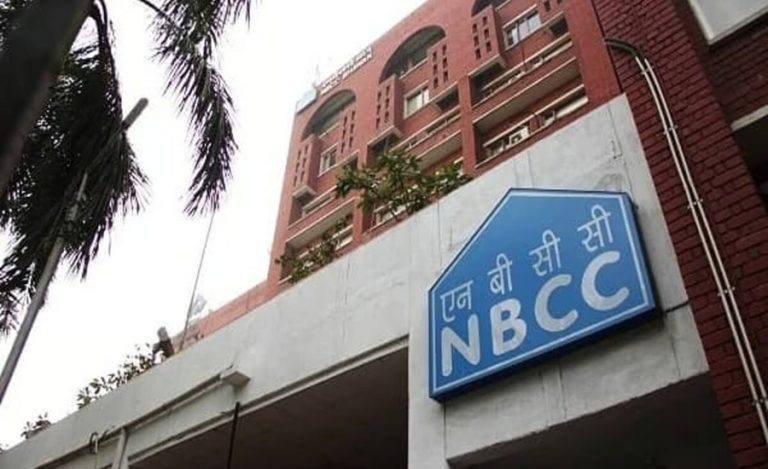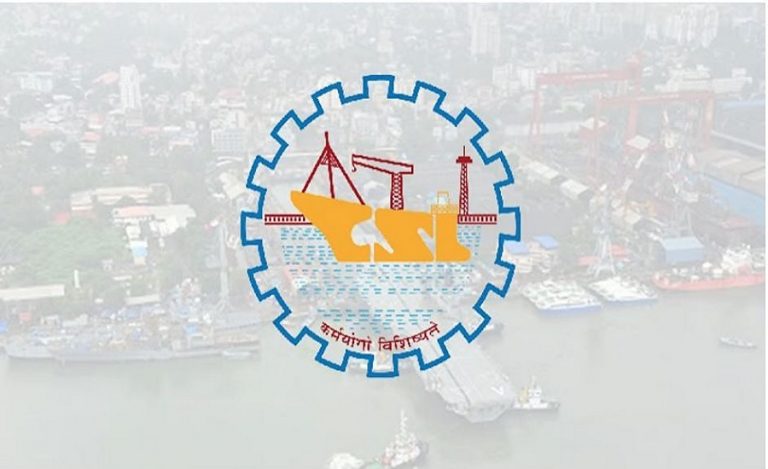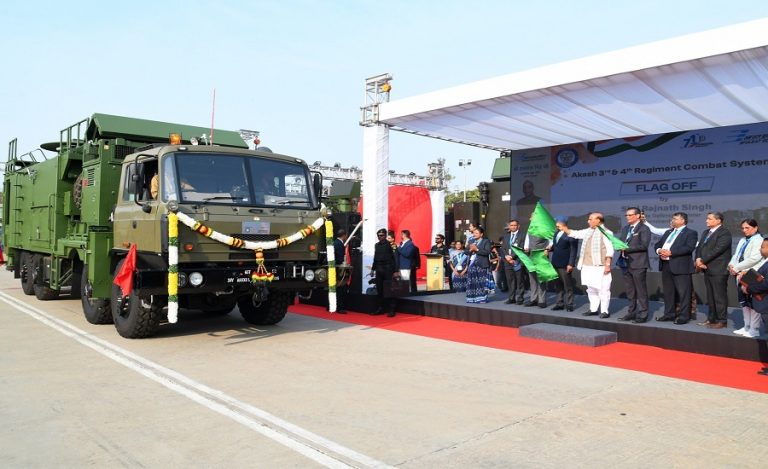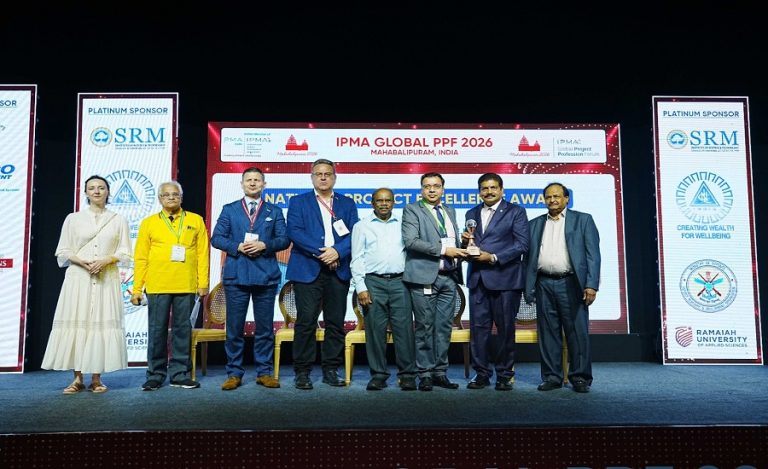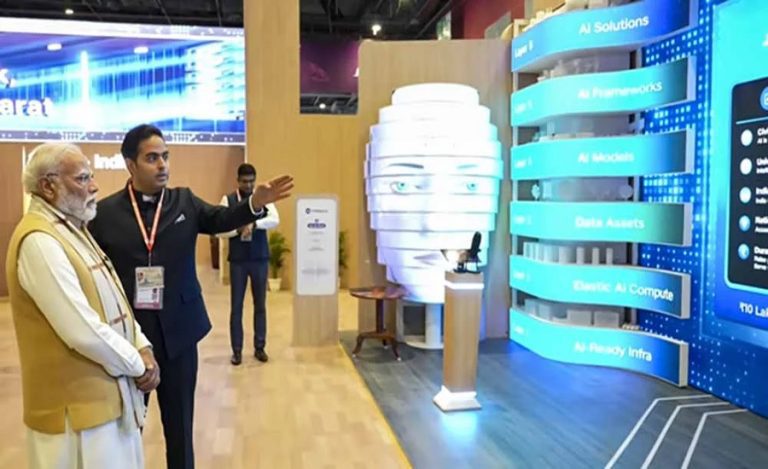New Delhi: A Constitution Bench of the Supreme Court, presided over by Chief Justice of India B.R. Gavai, today heard a pivotal case examining whether judicial officers who previously practiced as advocates can claim eligibility under the advocates’ quota for direct recruitment to District Judge posts.
Constitutional Debate Over Article 233
At the heart of the matter is Article 233 of the Indian Constitution, which governs appointments of District Judges. The petitions before the bench challenge whether officers in the subordinate judiciary, with prior advocacy experience, can apply under the advocates’ stream rather than being restricted to the service/promotion route.
Senior counsel argued that Article 233(2) — which allows for direct recruitment from the Bar — safeguards a separate recruitment stream, and must be read in harmony with judicial independence. One senior lawyer asserted:
“Article 233 is not a source of appointment; it only safeguards the independence of the judiciary. The judiciary is meant to remain entirely free from the control of the State government.”
Emphasis was placed on the constitutional role of the Governor, who must consult the High Court without state interference, as established in past precedents like Chandra Mohan.
CJI Gavai intervened, observing:
“Once the judgment on selection of judges is excluded, it means the Governor has to act on the aid and advice of the Council of Ministers.”
Contentions on Eligibility, Combined Service, and Precedents
Several practical and doctrinal arguments were advanced:
- Mixed experience eligibility: Counsel for petitioners, Civil Judge Madhukar Singh and others, contended that a combination of years at the Bar and years in judicial service should count toward eligibility. Their position: even if a judge served as a Civil Judge and had earlier advocacy practice, such cumulative experience should qualify them under the advocates’ stream.
- Historical continuity: It was pointed out that under pre‑Constitution statutes, District Judges could be recruited both from service and from advocates; the Constitution raised the period for advocacy from 5 to 7 years but preserved dual routes.
- Stagnation concern: The Shetty Commission’s report was cited, noting that excluding judicial officers from the advocates’ quota leads to stagnation and discourages talent from entering or staying in the service.
- Judicial precedent and stare decisis: Counsel pointed to long‑standing Supreme Court rulings affirming two recruitment streams under Article 233. Some submissions argued that later smaller benches misinterpreted positions, and a Constitution Bench can correct such deviations.
Numbers and Wider Stakes
Counsel appearing for petitioner Manglesh Chaubey remarked that:
- India’s subordinate judiciary has 25,870 sanctioned posts, including ~10,000 Civil Judge posts, ~6,000 Senior Division Judges, and ~8,000 District Judges.
- Currently, about 4,789 District Judge seats are vacant — making recruitment eligibility a matter with significant real‑world impact on workforce and judicial backlog.
Way Forward and Next Steps
The hearing paused for the day, with further arguments to follow. The key questions before the Court include:
- Whether judicial officers with prior Bar experience can invoke the advocates’ stream under Article 233(2)
- Whether eligibility must be assessed only at the time of application, or also at the time of appointment
- Whether rules that exclude judicial officers from the advocates’ quota are constitutionally valid
- How to interpret Article 233 in harmony with the overarching architecture of Articles 124, 217, and 235
A judgment from a Constitution Bench would resolve long-standing disputes among High Courts and subordinate judicial services across states.


